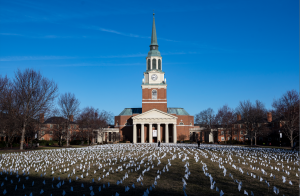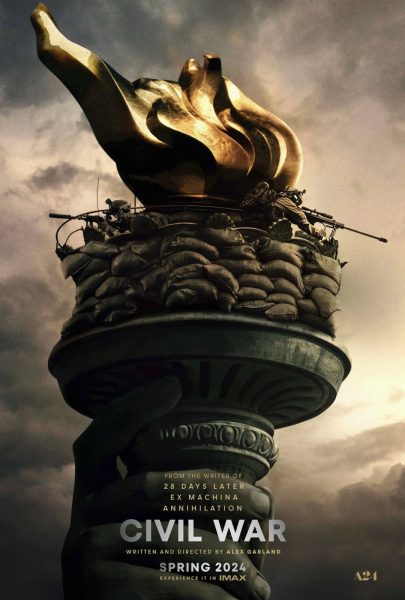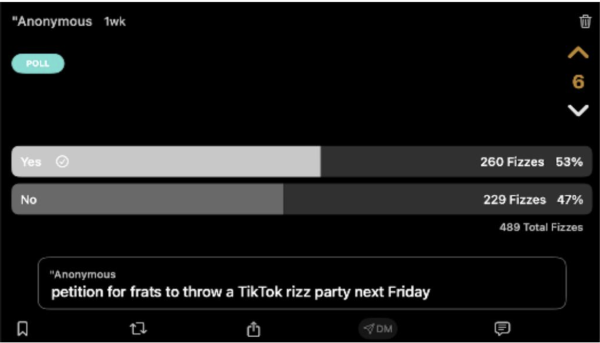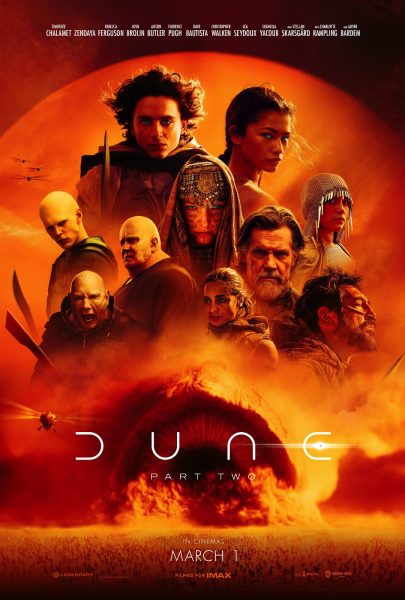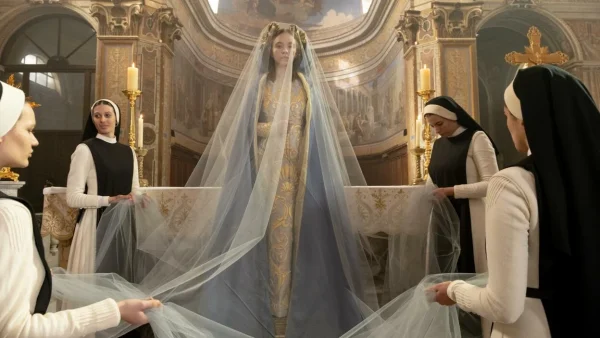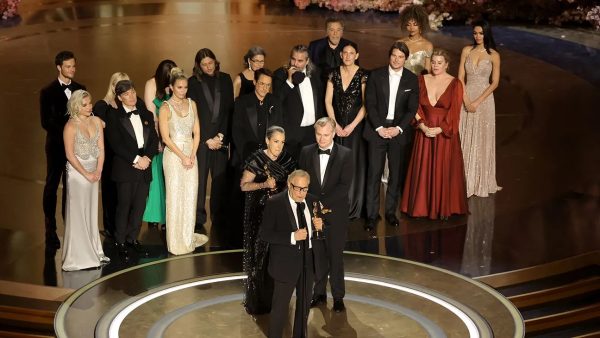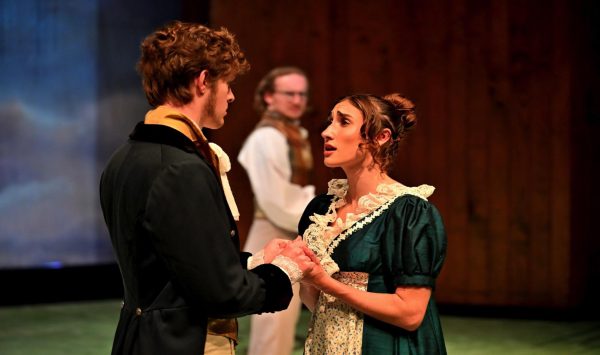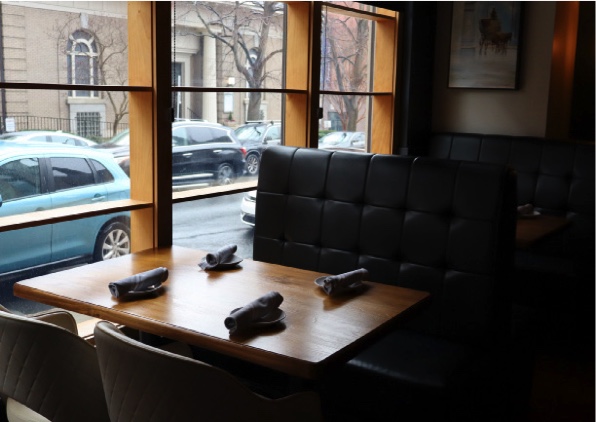‘Survivor’ moves forward alongside America
‘Survivor’ prepares for its 42nd season in Fiji
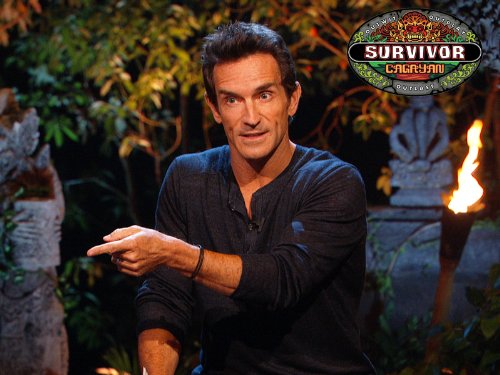
Jeff Probst discusses the game with the contestants during tribal council.
March 3, 2022
“Survivor” is a show that is older than I am. Episode one of “Survivor: Borneo” — the show’s first season — aired in May 2000. “Survivor” predates my entire life, and yet I’ve become engrossed in all that it has to offer. Believe it or not, the show is still airing — “Survivor” is currently in its offseason, the show regularly airs every Wednesday at 8 p.m. on CBS. Season 42 is set to premiere on Mar. 9, 2022.
There is something really special about “Survivor”. I began watching it when Netflix put two seasons on its streaming platform — those seasons were “Survivor 20: Heroes vs. Villains” and “Survivor 28: Cagayan”. It took me about six months to watch the rest of the series — all 600-odd hours of it. All 40 seasons. I watched season 41 live.
“Survivor” is a show for the people. “Survivor” represents America in so many ways — at times, it is progressive and edgy, and at others, it is stagnant and repetitive. In “Borneo”, the winner is gay, which is incredible because it was 2001. Richard Hatch is not a typical stereotype of the “loveable gay person,” either — he’s hated due to his sarcastic and frank nature. “Borneo” showed America the nature of the game — you don’t have to be kind or warm to win, you just have to be clever and, typically, respected. Isn’t this widely representative of the American dream? In an ideal world, you can get far without being considerate of others — all you need is charisma and to be a few rungs up on the social ladder.
“Survivor” is noted as a game of social politics, and it stays true to that descriptor throughout all 41 seasons. The show is incredibly edgy at times. In “Survivor 13: Cook Islands”, which aired in 2006, the tribes are divided by race — white, Latinx, Black and Asian. In Nov. 2020, over 15 years later, it was finally announced that, going forward, at least 50% of the cast would be made up of people of color. It is incredible to me that, for a show which claimed to be so representative of America, it took 20 years for “Survivor” to make a commitment to some form of diversity.
“Survivor” is far from perfect, but turning America on to a survival game show is no easy feat. With complicated challenges, unique contestants every season and innovations in gameplay and advantages given to players, the makers of the show — and its loyal host, Jeff Probst — pour themselves into making the game great and to helping it grow with America.
I wouldn’t have watched 40 seasons of “Survivor” if I didn’t love it as much as I did, and if it didn’t have so much to offer analytically. It’s complex — every season offers a unique challenge to viewers, and while it does have patterns, they’re hard to follow, which just makes the show that much more interesting. I have seen “Survivor” grow and change in incredible ways, as has the rest of America. It is my hope that this truly special show will continue on for years, as its loyal fanbase never seems to waver.
I have faith that the show will continue to grow in the right direction, building on its previous successes.









